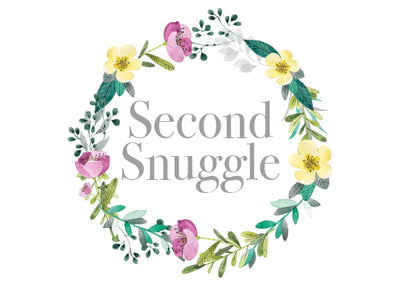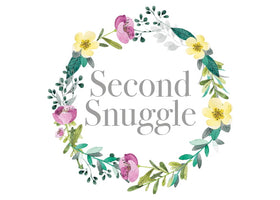Overstock Production and the Dilemma
As a business that stocks preloved as well as ex-stock, also known as overstock or deadstock, we often find ourselves in a unique position within the fashion industry. On one hand, we champion sustainability by reselling clothing that would otherwise go to waste. On the other hand, this very practice raises an important question: Are we inadvertently encouraging overproduction by allowing the fashion industry to continue producing excess stock, knowing it will still be sold off?
The Problem of Overstock Production
Overstock happens because the fashion industry frequently produces more clothing than it can sell. Brands do this for a variety of reasons—uncertain demand, last-minute trend changes, or an attempt to lower unit costs by producing in bulk. The result? A surplus of clothing that often ends up unsold, stored in warehouses, or worse—discarded and sent to landfills.
Ex-stock offers a solution by giving these unsold items a second chance at life. However, while this practice reduces waste, it also presents a moral dilemma.
The Double-Edged Sword of Reselling Ex-Stock
By purchasing and reselling ex-stock, we help reduce the environmental burden of unsold clothing. These items are often high-quality, unused pieces that deserve to be worn rather than wasted. However, there’s a deeper issue to consider: Does our role in this system give fashion brands an excuse to continue overproducing, knowing their surplus stock will still find a buyer?
If overproduction is rewarded by clearing excess stock, it could perpetuate the harmful cycle of fast fashion—where clothing is mass-produced and discarded quickly to keep up with fleeting trends. This creates a difficult balance between using what is already produced and actively fuelling the overproduction cycle.
Finding a Balance
At Second Snuggle, we believe there is a balance to be struck. The core of our mission is to reduce waste by offering sustainable options for families, but we also need to be mindful of how our actions impact the broader fashion industry. Our goal is to ensure that we aren’t simply offering an easy way out for brands to overproduce, but rather participating in a movement that holds them accountable.
This means:
• Advocating for Change: We need to pressure brands to adopt more responsible production methods, producing only what is necessary and focusing on quality over quantity.
• Educating Consumers: Encouraging consumers to shop mindfully and choose products that are sustainably sourced and produced, rather than supporting the endless churn of fast fashion.
• Supporting Circular Fashion: We can expand our commitment to sustainability by sourcing from both ex-stock and preloved clothing, creating a circular economy that maximises the lifecycle of every item.
The Future of Sustainable Fashion
The fashion industry must evolve, and it will take both consumers and businesses to drive that change. While reselling ex-stock can be part of the solution, we must also remain critical of the larger system that allows overproduction to thrive.
Ultimately, by choosing ex-stock and preloved clothing, we can send a message to fashion brands: produce less, produce better, and respect the planet. Only then will we begin to see a true shift toward a more sustainable future.
What do you think?





Leave a comment